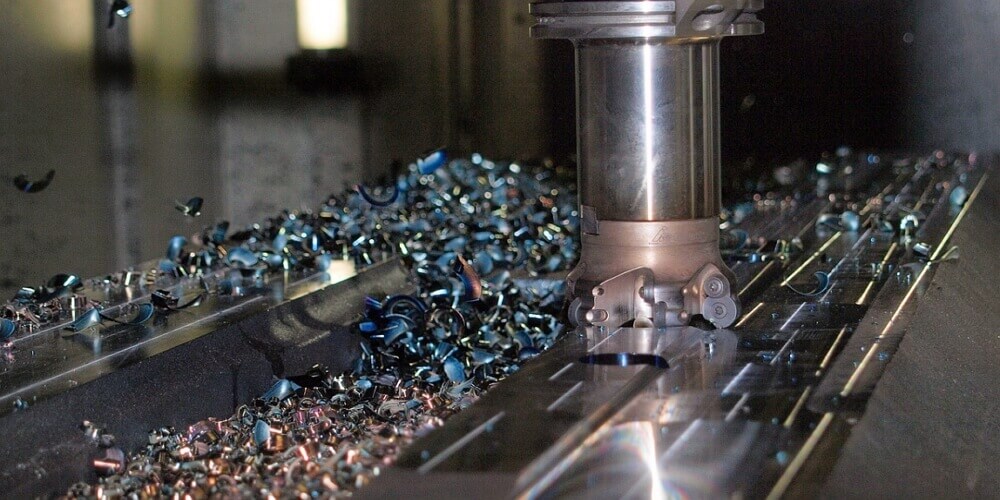Precision CNC machining is a process whereby raw materials are turned into function parts via the removal of material while maintaining specific tolerances. The cnc machining parts must be machined accordingly with the highest level of accuracy to fit the specific function as well as match the system or machine where they’re supposed to be mounted.
This is mostly performed when manufacturing intricate components in several industries such as aerospace, modern electronics, automobile, and many others.
Therefore, to achieve precision together with advanced technologies as well as skilled workmanship, choosing the right material is essential. Basically, the properties that qualify a material for CNC machining are like machinability, dimensional stability, corrosion resistance, impact resistance, and workability.
So, what are some of the commonly used materials in precision machining? They include:
Stainless Steel
Stainless steel is arguably the most common material used for precision machining. It’s usually preferred due to its strength as well as the fact that it’s corrosion resistance. Moreover, it has a greater advantage of being easily welded vacuum-tight.
However, it should be noted that there’re several types of stainless steel that can be treated differently. There’s no denying that stainless steel is very versatile, and the grade or alloy determines the availability, price, and machinability.
Aluminum
Aluminum is merely a lightweight material and is non-magnetic in nature. Therefore, together with other characteristics such as being easy to machine, corrosion-resistant as well as inexpensive, it makes it an ideal option for CNC machining.
Furthermore, it offers high dimensional stability, low deformation factor, and impact resistance. However, when with aluminum welding, to get the best result, it’s important for an experienced machining provider to be in charge.
Titanium
Titanium is extremely immune to heat as well as oxidation. Also, it’s compatible with the bio-factors, and it’s what makes it appropriate for the mission-critical applications in several industries such as chemical, medical, and aviation industries.
It’s a highly prized as well as useful metal when it comes to machining. In fact, it has arguably the most significant ratio of strength to weight of any metal.
However, it has a drawback as it can be hard to machine; leave alone its prize.
Brass
Another economical CNC precision machining material is brass. It has excellent machinability that helps to achieve the expected dimensions with utmost accuracy. Moreover, it offers accurate tolerance when machining, as well as surface, finishes with post-machining.
There are different brass grades that can be used for various requirements. It’s the best option for intricate parts requiring sophisticated features. However, it should never be used in vacuum applications and semiconductor products as a result of tin and zinc in the material.
Copper
Another highly-priced metal for precision machining is copper. However, it offers benefits of durability, versatility, natural corrosion resistance, and electrical conductivity. When plated, it offers better electrical conductivity and doesn’t hold tolerances like aluminum.
Steel
A popular metal for most manufacturers is steel, thanks to its durability and strength. Like stainless steel, it also falls in the grade with a specific purpose and is very easy to weld. It offers great dimensional stability as well as machinability.
